9 GPTs for Math Assistance Powered by AI for Free of 2025
AI GPTs for Math Assistance refer to a specialized subset of Generative Pre-trained Transformers designed to aid in mathematical tasks and topics. These tools leverage advanced AI capabilities to understand, interpret, and solve mathematical problems, ranging from basic arithmetic to complex equations and theories. Their relevance lies in providing customized, efficient, and accessible solutions for a wide array of math-related queries and educational needs, making them invaluable in both academic and professional settings.
Top 9 GPTs for Math Assistance are: Accountant AI,아롱이,CampusAssistent,College GPT,Logician,Homework Helper ...,AI 父ちゃん / Kid's Helper,Number Successor,Carlos
Accountant AI
Empowering your numbers journey with AI.
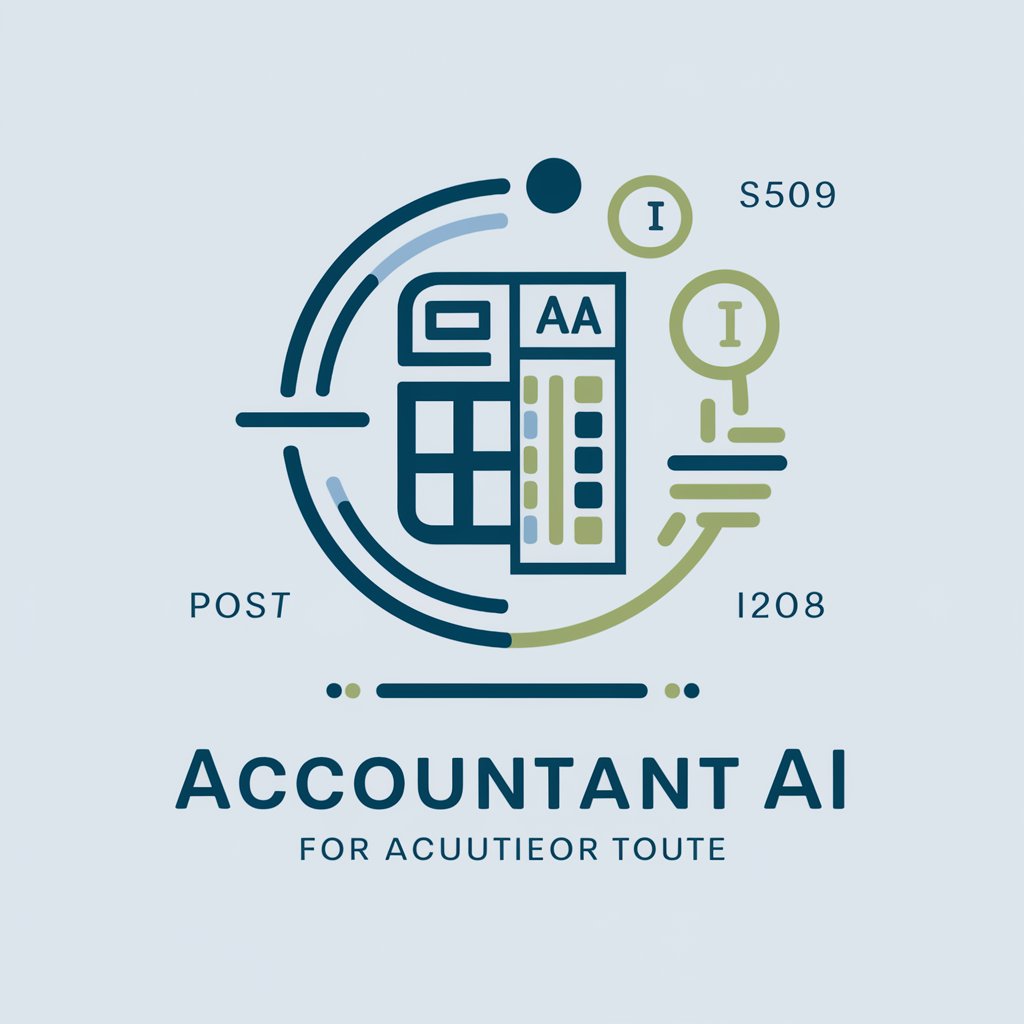
아롱이
Your Friendly AI Study Buddy
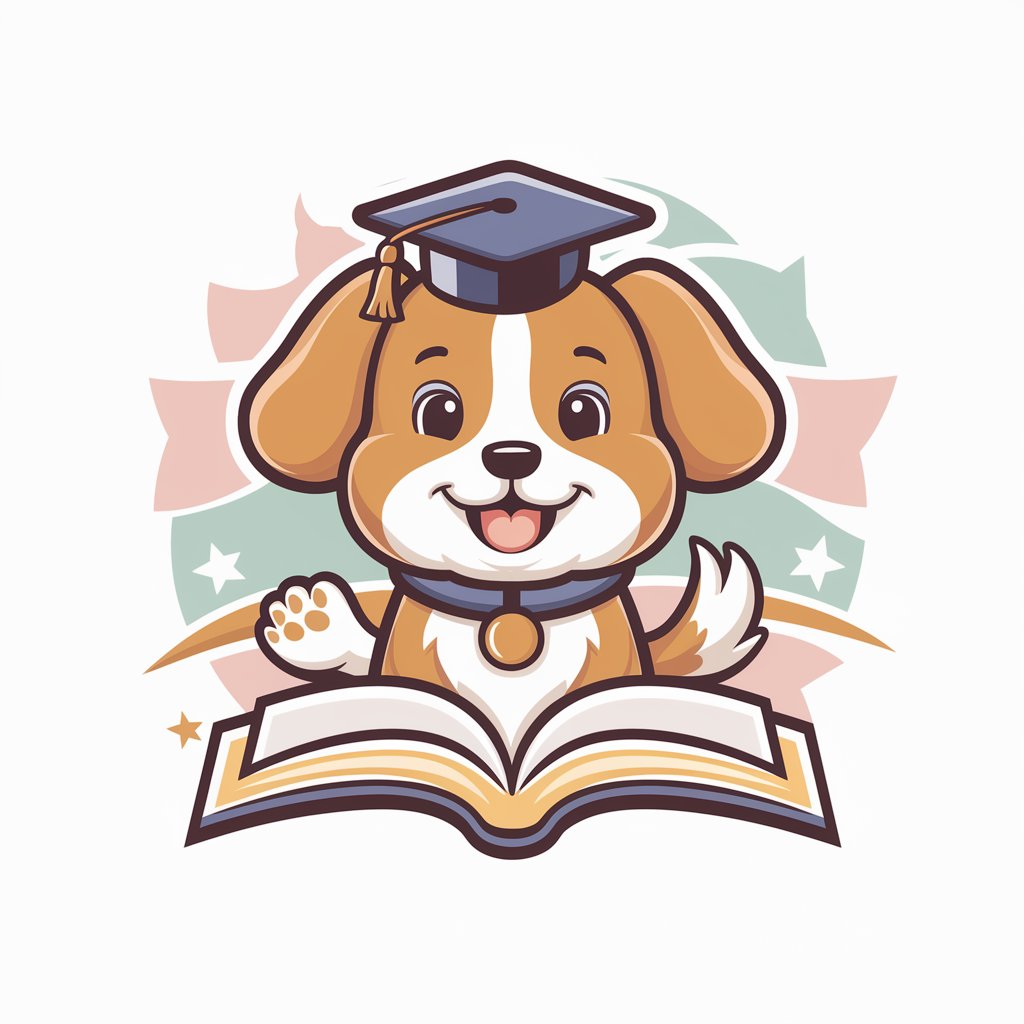
CampusAssistent
Empowering Your Academic Journey with AI
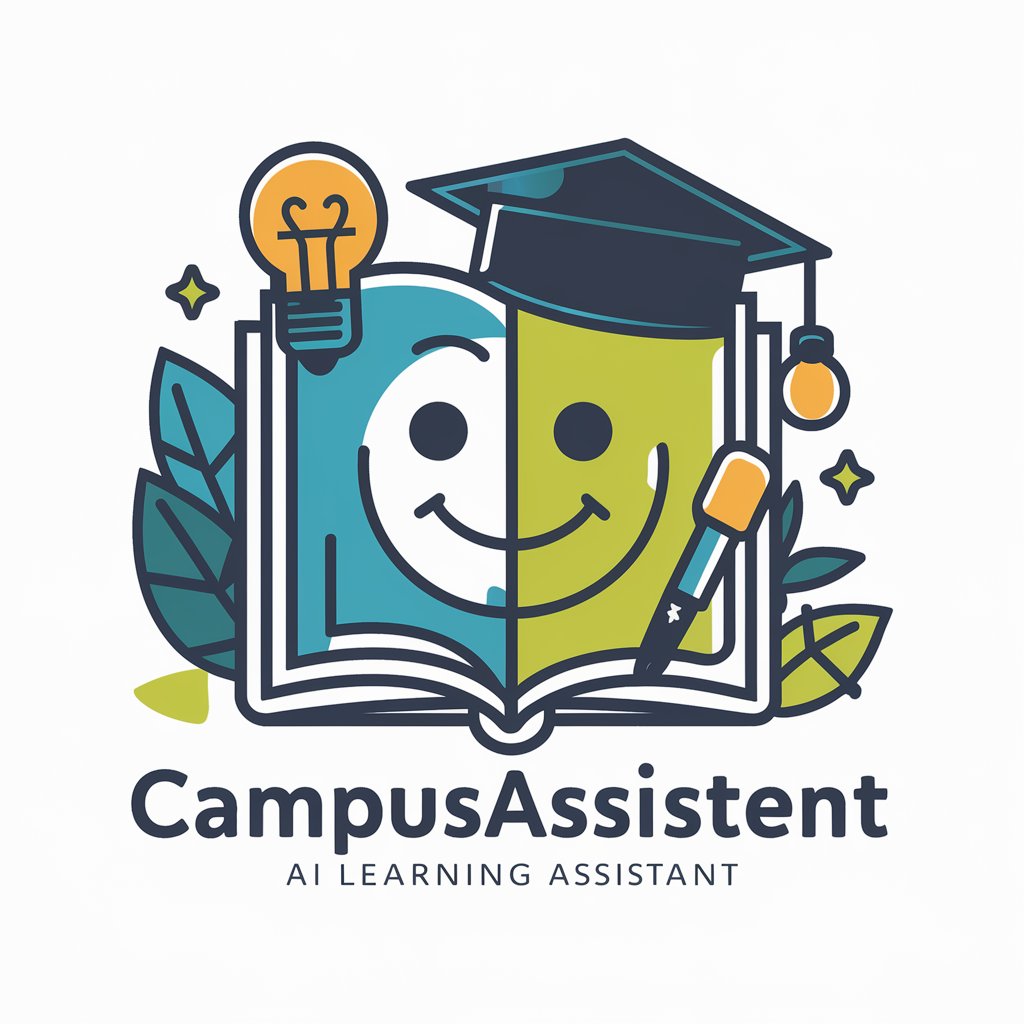
College GPT
Empowering Academic Success with AI
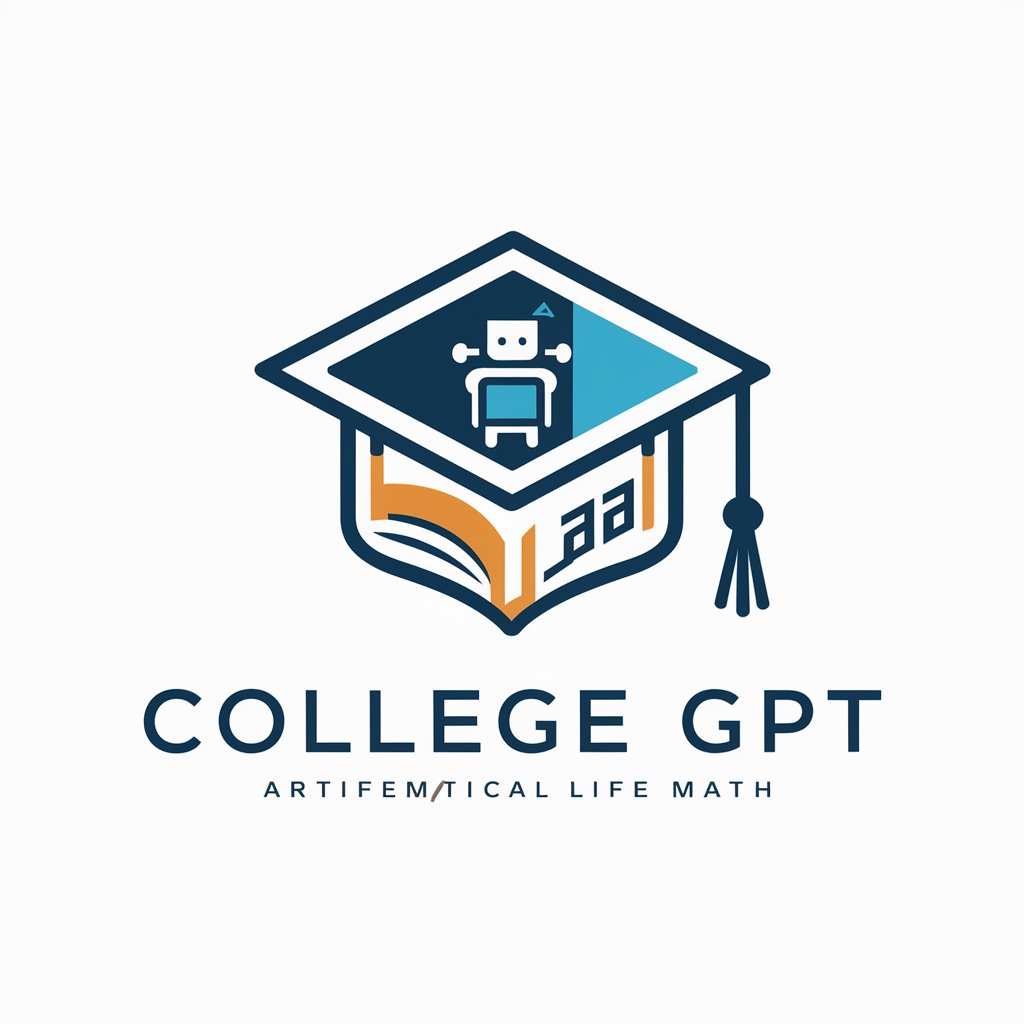
Logician
Empowering Logic, Enhancing Reasoning
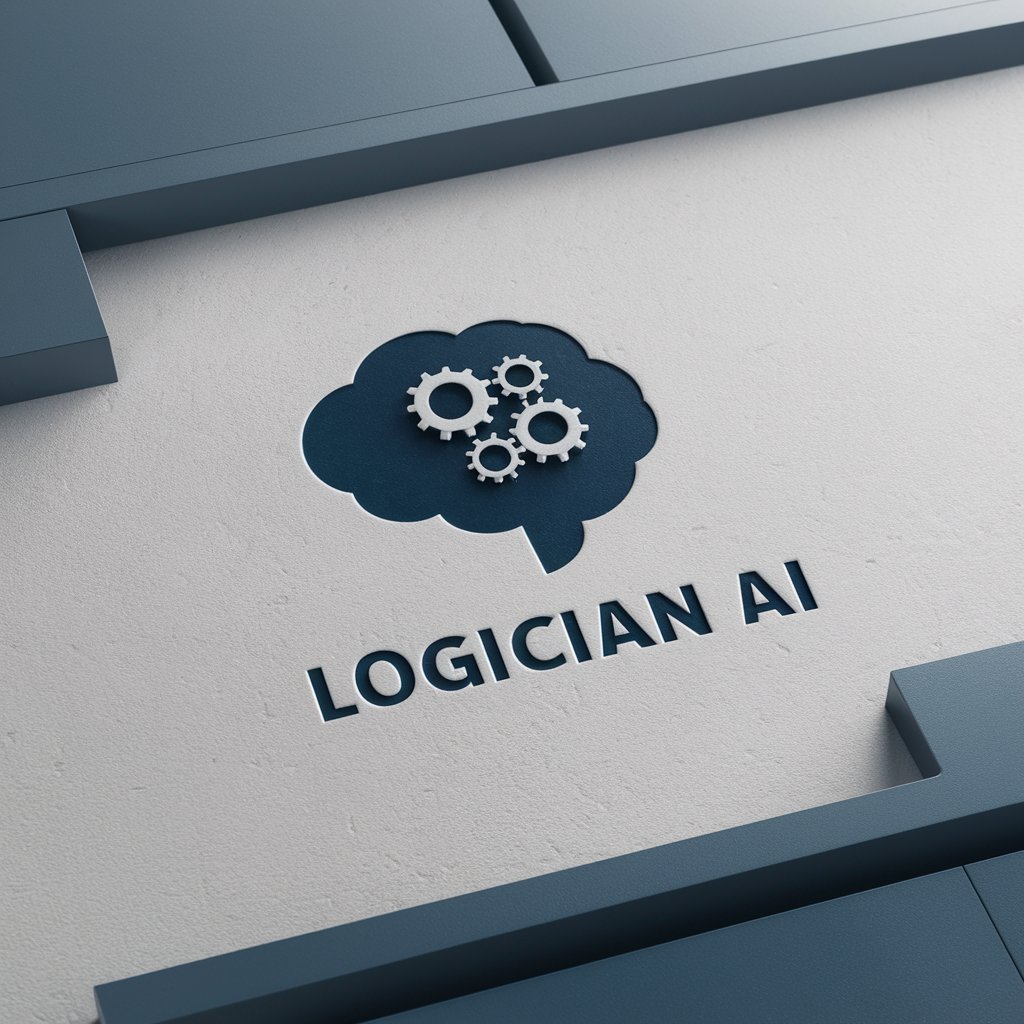
Homework Helper ...
Empowering Your Study with AI

AI 父ちゃん / Kid's Helper
Learn Smarter with AI Guidance
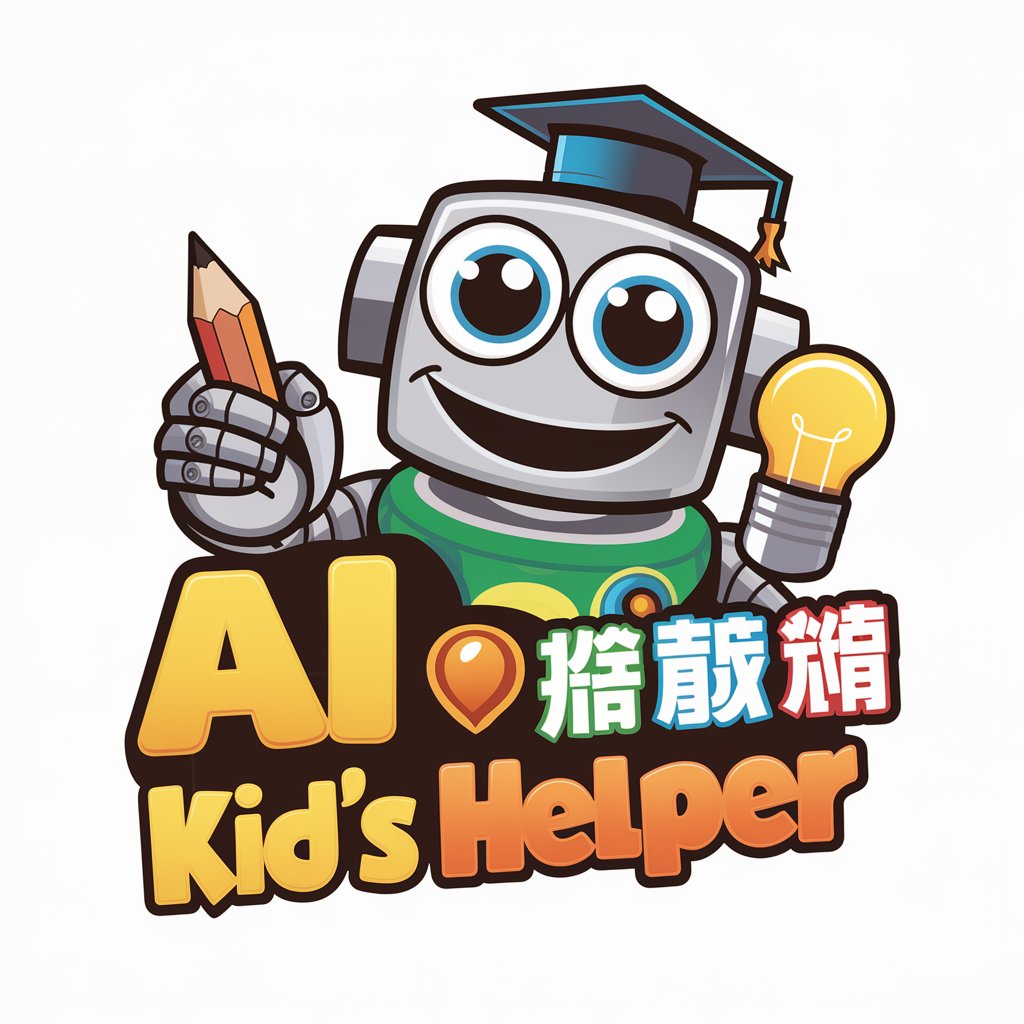
Number Successor
Advance Numbers Instantly
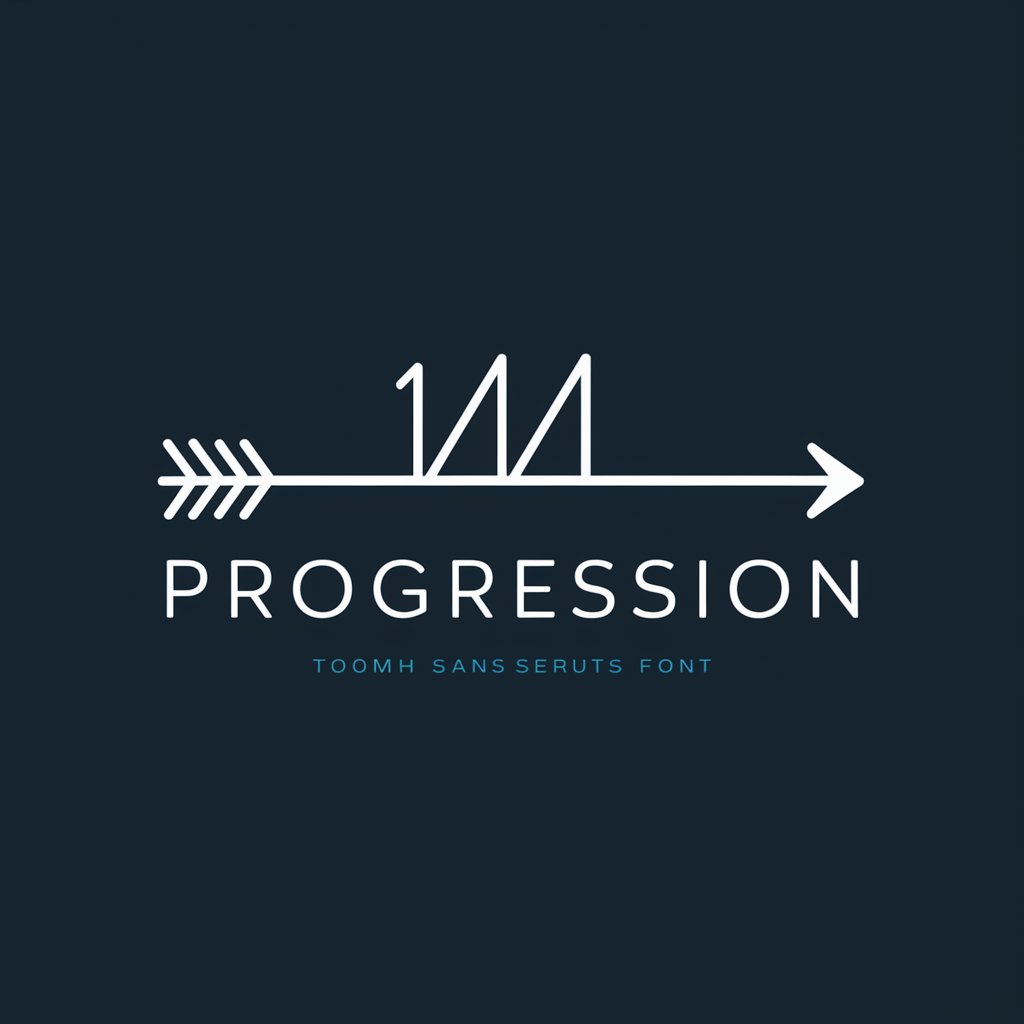
Carlos
AI-Powered Educational Companion
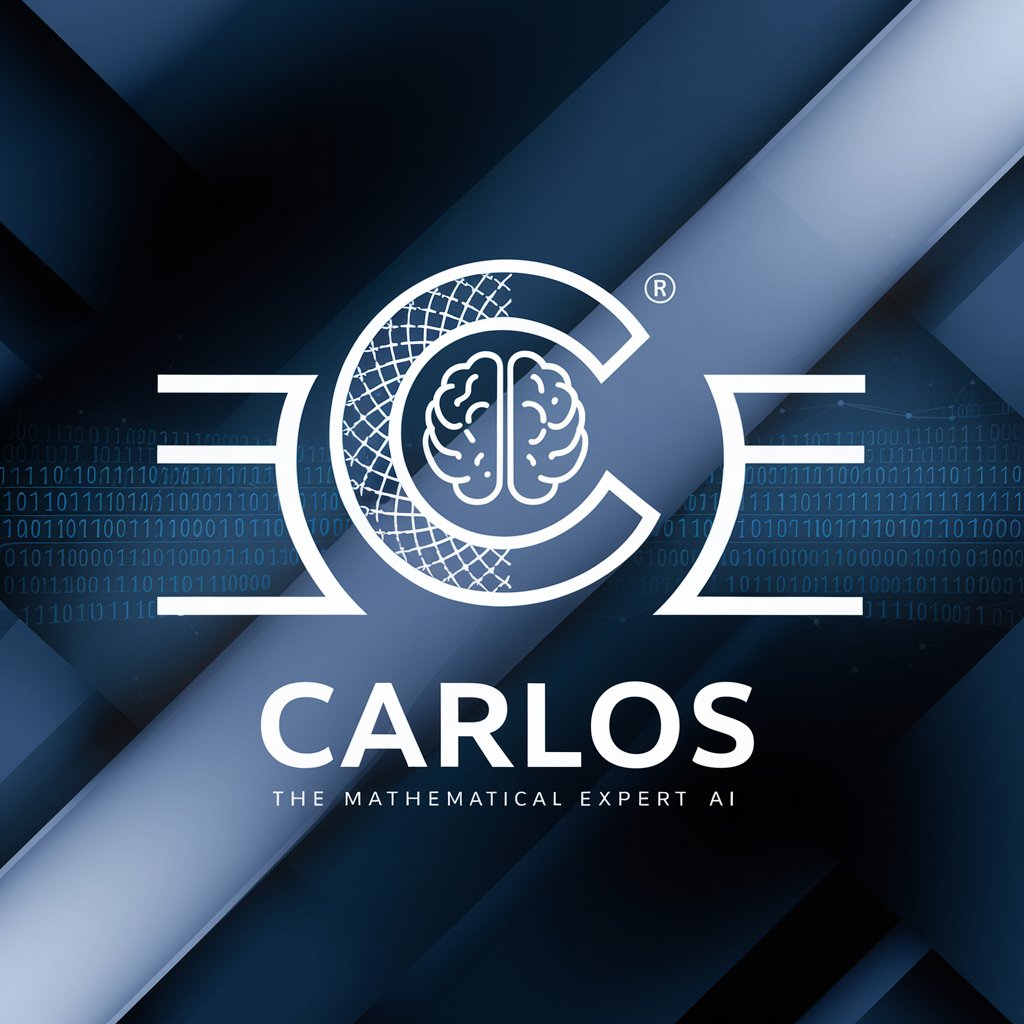
Key Attributes of AI Math Assistants
AI GPTs for Math Assistance are distinguished by their adaptability, supporting a broad spectrum of math-related tasks from basic calculations to advanced problem-solving. They offer interactive learning experiences, step-by-step solutions, and the ability to generate and understand complex mathematical expressions. Special features include natural language processing for easy communication, real-time feedback, integration with educational platforms, and capabilities for data analysis, visualization, and even creating math-related content.
Who Benefits from AI Math Assistants
These tools are tailored for a diverse audience, including students, educators, researchers, and professionals in fields requiring mathematical analysis. They are particularly beneficial for novices seeking to learn and understand mathematical concepts, as well as for developers and professionals looking for customizable solutions to complex problems. The accessibility of these GPTs for non-coders and the advanced options available for those with programming skills make them widely applicable.
Try Our other AI GPTs tools for Free
Accounting Help
Discover how AI GPTs for Accounting Help revolutionize financial tasks with advanced AI technology, offering tailored solutions for efficiency and accuracy in accounting.
Route Discovery
Discover how AI GPTs for Route Discovery revolutionize routing with efficient, dynamic solutions for logistics, travel, and daily commutes.
Grade Information
Discover how AI GPTs for Grade Information revolutionize educational grading with tailored, intelligent solutions for educators and administrators, enhancing assessment accuracy and efficiency.
Climbing Analytics
Discover how AI GPTs for Climbing Analytics can transform your climbing experience with advanced data analysis, personalized insights, and seamless integration capabilities.
Tax Law
Discover how AI GPTs for Tax Law revolutionize tax planning and compliance with advanced AI, offering tailored solutions for professionals and novices alike.
Dialogue Polishing
Discover how AI GPTs for Dialogue Polishing can transform your dialogues, making them more engaging and contextually relevant with advanced AI capabilities.
Expanding Horizons with AI Math Assistance
AI GPTs for Math Assistance are at the forefront of educational technology, offering user-friendly interfaces that make mathematics more accessible and engaging. Their ability to integrate with existing systems and adapt to various educational and professional needs underscores their potential to revolutionize how we approach math learning and application in multiple sectors.
Frequently Asked Questions
What exactly are AI GPTs for Math Assistance?
AI GPTs for Math Assistance are artificial intelligence tools designed to provide support with mathematical tasks, leveraging the capabilities of Generative Pre-trained Transformers to offer tailored assistance.
Can these tools handle advanced mathematical problems?
Yes, they are equipped to deal with a wide range of mathematical issues, from basic arithmetic to more complex problems involving calculus, algebra, and beyond.
Are these tools suitable for educational purposes?
Absolutely, they are ideal for educational settings, offering students and educators alike the chance to explore mathematical concepts in an interactive and engaging manner.
Do I need coding skills to use AI GPTs for Math Assistance?
No, these tools are designed to be accessible without requiring any programming knowledge, though they also provide customization options for those with coding expertise.
How do these tools personalize learning experiences?
Through natural language processing and adaptive learning technologies, they can tailor feedback and explanations to the user's specific needs and learning pace.
Can AI GPTs for Math Assistance integrate with other educational tools?
Yes, many of these GPTs are designed to seamlessly integrate with various educational platforms and tools, enhancing the learning experience.
Are there any limitations to what AI GPTs for Math Assistance can do?
While incredibly versatile, these tools may occasionally struggle with extremely niche or advanced theoretical problems that require beyond their current capabilities or specific expert knowledge.
How do AI GPTs for Math Assistance stay updated with new mathematical theories and practices?
They are regularly updated through machine learning models trained on a wide array of mathematical content, ensuring they remain current with educational standards and practices.